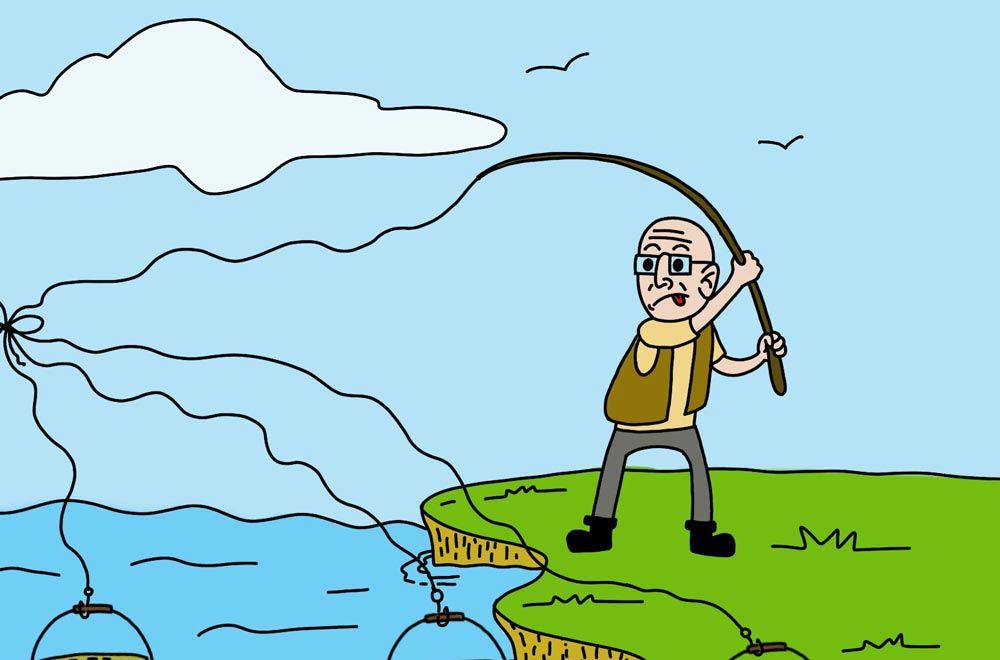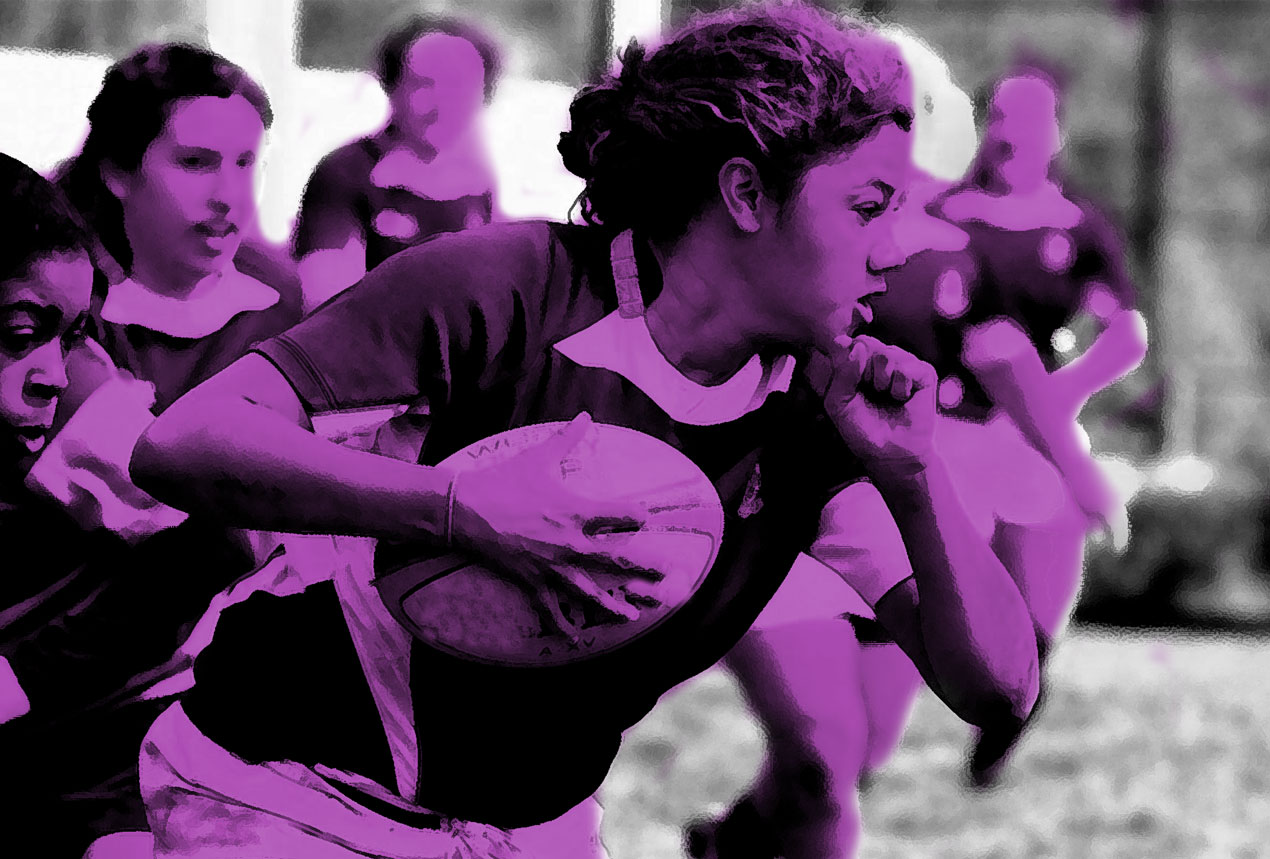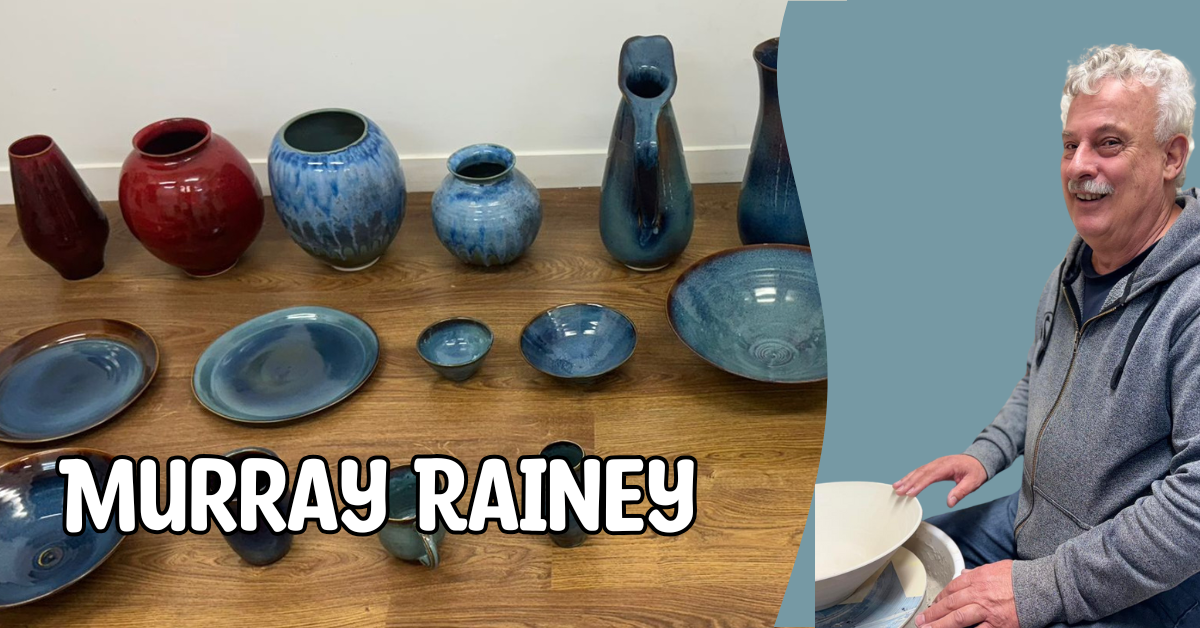
To forgive and forget?
I’d like to think I’m a pretty forgiving person. When people have wronged me in the past, I’ve always said that all I really need from them is a good, heartfelt apology, and then I’ll be ready to move on. In my mind, an apology was always kind of a magic spell that fixed everything. But I’m starting to understand now that that’s not true.
I think my reasoning for being so willing to forgive as soon as I got an apology was because I was just that desperate to be apologised to. Thinking back, I can’t remember many times where someone did me dirty, and then actually admitted fault and said they were sorry. And when someone did acknowledge their wrong-doing, it was usually because they wanted something out of me. Every time I said ‘It’d be okay if they just apologised’, what I was really saying was ‘I just really want them to understand how much they hurt me’.
All I ever wanted from people that hurt me was a simple ‘I’m sorry’. But the crazy thing is, I have new people in my life now. And when they screw up, guess what? They apologise! It’s such a nice change, and it makes me feel … well, it makes me feel …
Not much better.
I always assumed that once people started taking accountability, I would instantly be able to forgive and forget. And sure, most of the time I can forgive. But it’s forgetting that’s the hard part. I would do anything to be able to just not worry about the issue anymore after it’s been ‘resolved’. It’s not like I want to be upset at the person anymore. But even when they’ve done everything right in terms of taking responsibility (acknowledging what they did wrong, expressing regret, and changing their behaviour), I still find myself feeling hurt and disappointed. It’s not really that I’m still upset with them; it’s like I’ve forgiven them, but I’m still upset with the problem. And it sucks. Because what do you do in this situation? You don’t really feel right talking about it to the person who hurt you anymore, because they’ve already done all the right things. Besides, you can tell that they already feel super guilty, otherwise they wouldn’t have apologised as quickly and as wholeheartedly as they did. So what do you do? Well, there’s a few things that I’m learning to do in situations like these.
Firstly, it’s essential to communicate exactly how you’re feeling. Let the person know that while you appreciate their apology, and you mostly forgive them, you’re not quite ready to move on emotionally. If you don’t tell them how you feel, they’re not going to know. Most people, unfortunately, are not mind readers. I know it can be hard to let someone you love know that you’re upset with them. But if they’re emotionally mature enough to give you a good apology, it usually means that they’re a big kid; they can handle big emotions.
Next on the list is to give yourself some time and space to work through your feelings. Go for a walk, write a journal entry, eat some unhealthy snacks, or just cry for a while. This will also give the person some time to sort through their own emotions, and understand why you’re still upset. Time also is a great healer; you’ll find you feel better and more ready to forgive as more time goes by. And you know you’ve had problems like this before, and gotten through them. Remind yourself: this, too, will pass.
Lastly, remember that the person that upset you still loves you and cares about you. While you’re at it, remind them that you love them. Just a simple “I’m upset, but I still love you” can make all the difference. And remember that apologies do help. For me, it’s easy to feel like apologies are pointless if they don’t instantly make me feel better, but that’s not true. An apology is a bit like taking antibiotics when you’re sick. Sure, you won’t feel better overnight, but you will slowly start to heal. Apologies may not really be magic, but they do make the difference between a relationship that falls apart, and a healthy, long-lasting one.
-Words by Sarah Morcom






